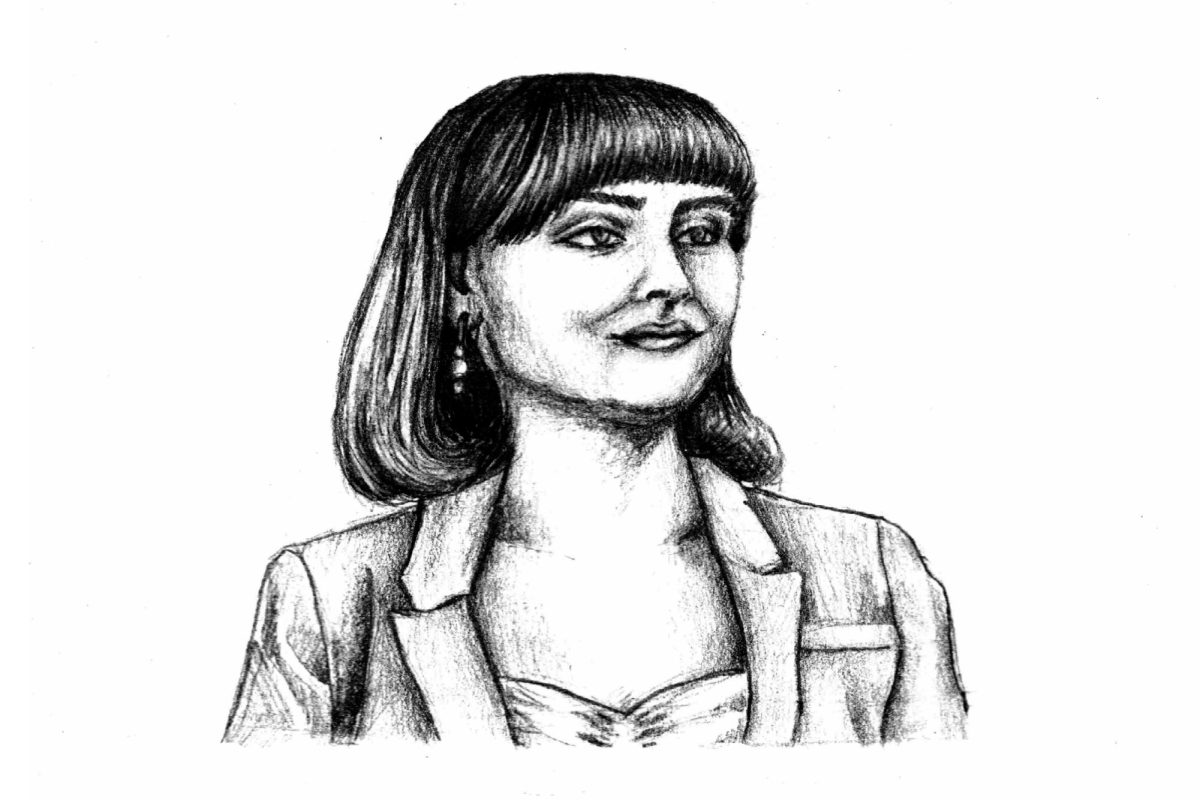GW students may be scattered across the world, but this week’s best and worst headlines help us revisit the District and GW.
While the heat has us in a lazy summer haze, GW’s maintenance and engineering staff worked hard to come to an agreement with GW’s management company to improve working conditions. But a conclusion hasn’t been reached in University Yard, where barriers that officials erected during the pro-Palestinian encampment last month have yet to come down, continuing to block students from using the most popular campus spots.
Here’s this week’s best and worst headlines:
Thumbs Up:
The summer has proved its sweltering heat, but it’s always cool news when GW responds to the concerns of their staff. After negotiating with GW’s management company, International Union of Operating Engineers Local 99 ratified a four-year agreement with GW’s maintenance and engineering staff. The agreement includes annual pay increases, double time on work holidays and fully paid health and welfare by 2026.
Amid grievances of poor conditions among maintenance and engineering workers, it was time for GW to start taking better care of their staff. After all, when such employees are mistreated, both personnel and facilities suffer. The management company has finally taken these concerns into account after more than a year, making the workplace a safer and improved environment.
Further on campus, GW will honor the passing of Diane Cline, a history and classics professor, with a student prize awarded to outstanding students in the Classical and Ancient Near Eastern Studies or History Department who complete a research project pertaining to antiquity or digital humanities. Referred to as “Lady Cline,” the professor taught at GW for 14 years and was known to give spirited lectures and for her impressive scholarship.
The award will not only preserve Cline’s memory, but serve as a reminder of what she contributed to the University and its community. And her contributions were many — she was a pioneer in her field, publishing numerous books in the classics and receiving many awards, including three GW teaching prizes and two Fulbrights. We support a prize that may provide students with the tools for a similarly scholastic legacy.
Thumbs Down:
Last month, the Metropolitan Police cleared the pro-Palestinian encampment in University Yard, arresting more than 30 protesters in the process. Following the clearing, the Long Fence company placed fences around U-Yard entrances to block access. Though school grounds are now mostly empty, GW has maintained the barricades around the once-lively gathering place on campus. Since large student protests have concluded on campus for now, we are left to only wonder when the barriers will finally come down.
We hope the University isn’t wasting its efforts, energy and time in maintaining the fences around U-Yard: security guards protect an empty space while appearing to melt under the sun with no shade in a heat wave. The University is replacing splotches of dead grass left behind from tents while the barriers are still up, but the improvement offers little to the student body, who were forced to stay clear of the spots during some of their last moments on campus for the year (or forever). Despite how nice the grass might look by the end of U-Yard’s closure, the community gathering place remains inaccessible to … its community.
Despite U-Yard’s closure for students, at least the squirrels can enjoy their private playground. If we can’t enjoy our tuition-paid space, at least they can. For now, stay cool, enjoy your accessible grassy areas and check in for next week’s headlines.
Andrea Mendoza-Melchor, a sophomore majoring in journalism and mass communication, is the opinions editor.



